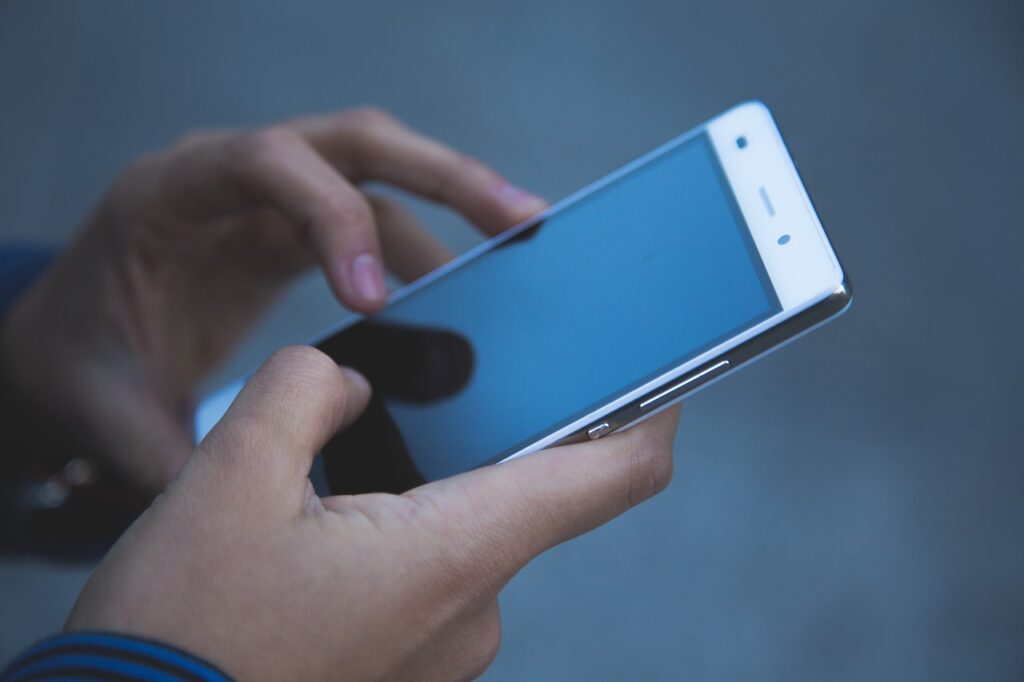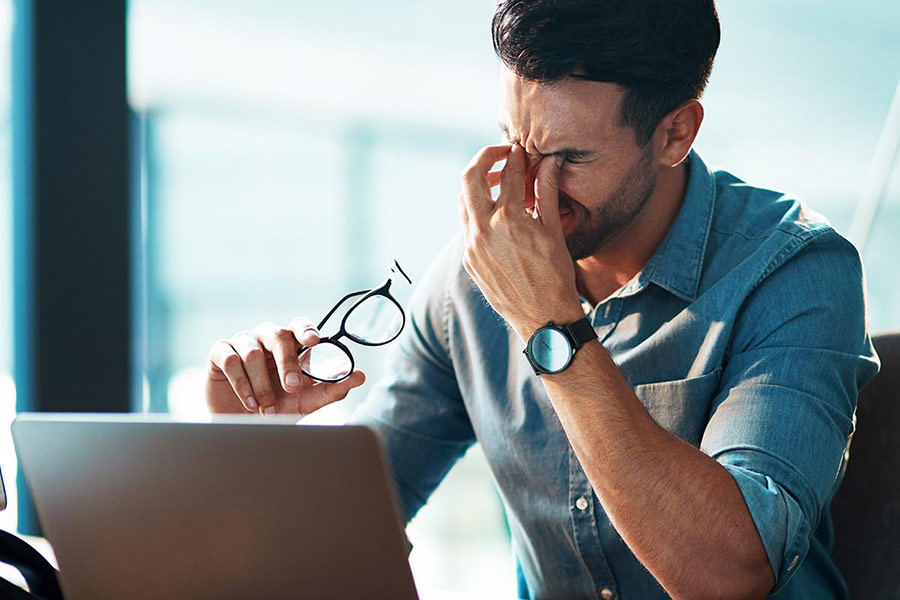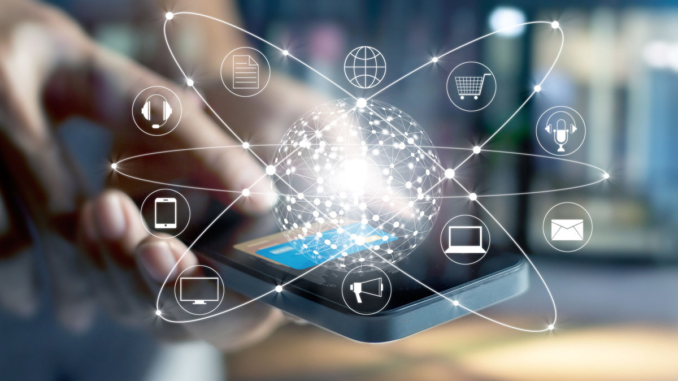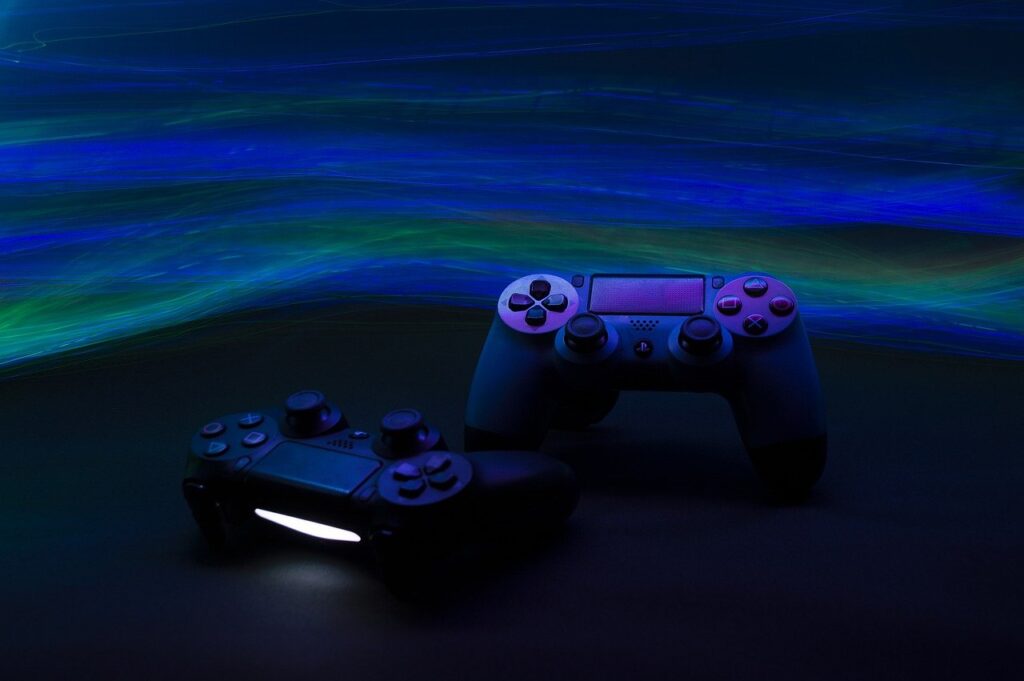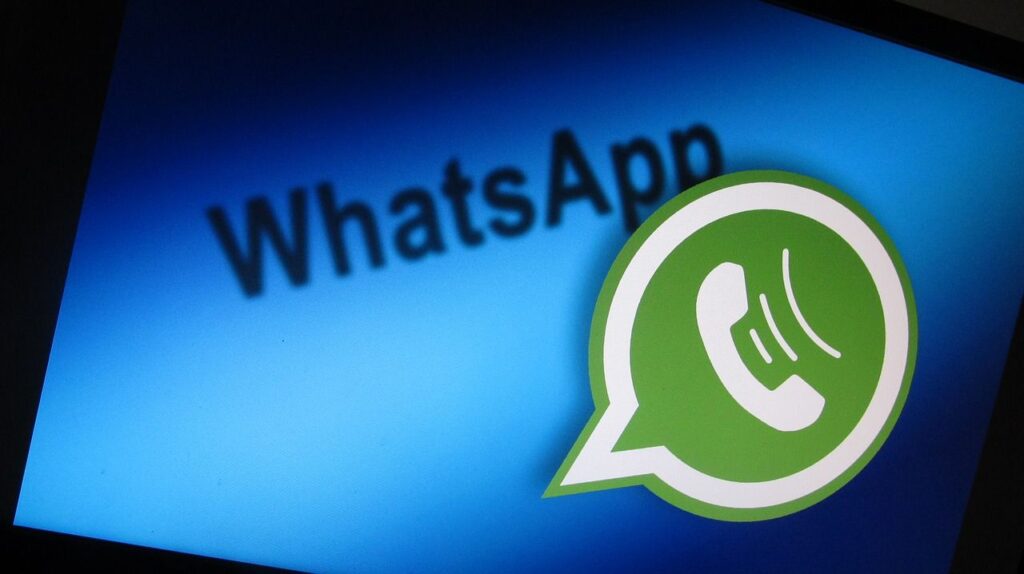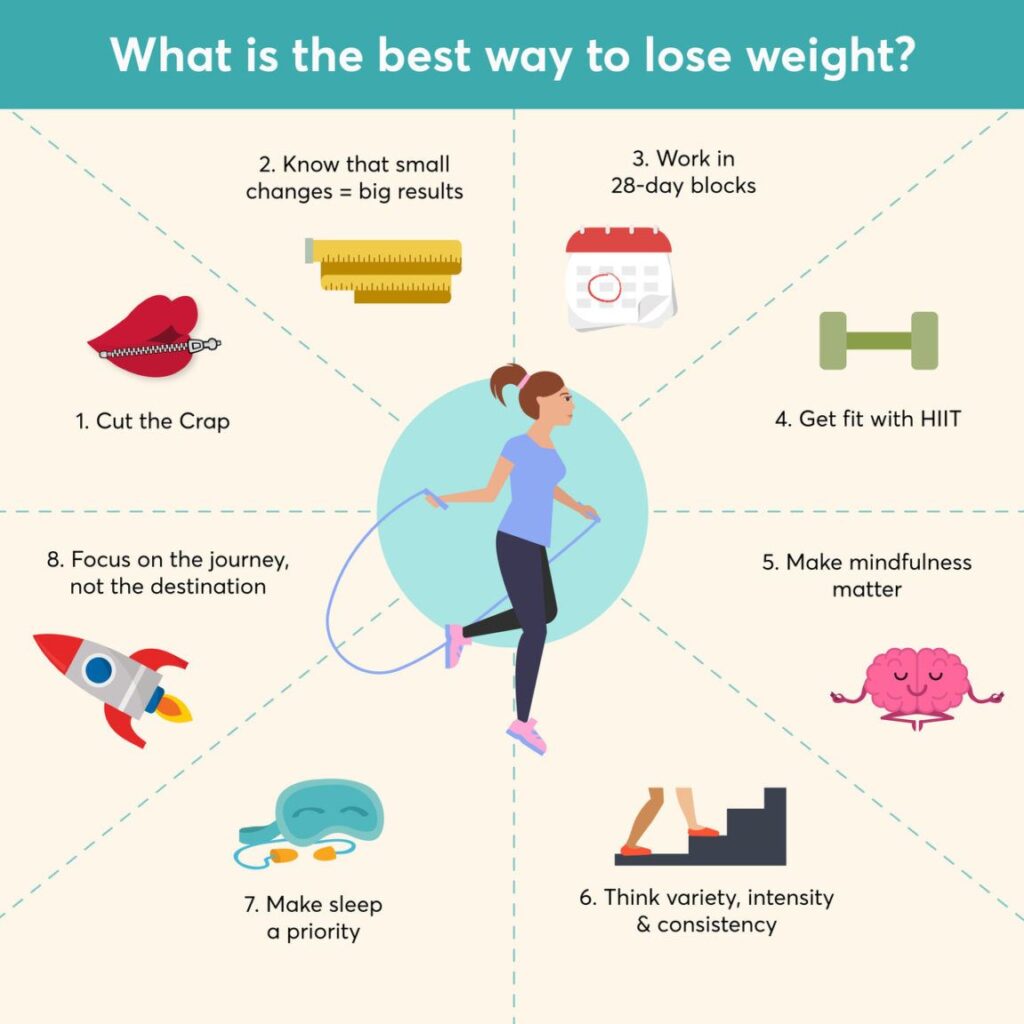Studies have shown that prolonged staring at a mobile screen can cause eye fatigue. Human eyes are designed for short-term focus and are not designed to hold a steady gaze for long periods. This means that your eyes need a constant flow of blinking or splashing water to stay moist and healthy. This is not natural for the human eye. Your eyes are used to alternating short-term and long-term distances and are not used to staring at a screen.
In addition to this, there are other problems that could arise from constant screen use, including red and dry eyes. Some studies have found that people who already have vision problems are at greater risk of CVS. The blue light from a mobile screen can exacerbate existing eye conditions, like dry eye, red eyes, and poor lighting. In addition to this, the longer you stare at your mobile device, the greater the risk of CVS. Experts say that you should try to take at least a ten or fifteen minute break from your screen every day. You can also exercise or meditate during these breaks. Both of these can help you feel better.
The radiation from a mobile screen is another concern. It contains harmful blue light, and it can weaken your eyes. This is the most common complaint among working professionals. The reason for this is the distance of the screen from your eyes. A closer distance helps reduce eye strain and make sure that the print is large enough to be comfortably read. However, if you can’t avoid using your phone for long periods, it may not be harmful to your eyes.
Although there’s no concrete evidence to link mobile screens to cancer, the light from a screen can damage your eyes. This can damage the retina, which makes it more vulnerable to damage. To avoid the risk of retinal damage, limit your mobile screen use to daylight hours or at least to a minimum. And, be sure to close your eyes while reading. If you’re a nighttime user, you should consider turning off your mobile for a few hours each day.
In addition to causing eyesight damage, mobile screens also cause glare. Even if you aren’t prone to vision problems, you may be more at risk if you have been using a mobile device for an extended period of time. You may also be looking at a tiny screen for long hours. In some cases, this can result in blurred vision. This is the main problem of working professionals.
The light from a mobile screen is harmful to your eyes. According to some studies, as much as 50% of people use their mobile phones to text, they are also suffering from eye strain. The discomfort is severe and can ruin a day’s work. In some cases, the symptoms of this condition can be similar to those of computer users. If you’re a frequent mobile phone user, you should take time to protect your eyes.
In addition to the damage to your eyes, you should also avoid the excessive exposure to radiation that comes from mobile phones. The effects of these waves on the eyes depend on the type of mobile device you use. High energy visible light is known to cause some types of cancer and is particularly dangerous for those with pre-existing vision problems.
If you’re a frequent mobile phone user, you can reduce your screen’s blue light exposure by increasing your brightness settings and closing your eyes. The blue light from mobile phones can also affect the retina. If you’re a night person, you should avoid using your cell phone at night. The blue light from your phone will cause more damage to your eyes than the sunlight. So, you should limit the time you spend looking at the screen and try to avoid the blue light.
The light from a mobile screen is more dangerous than the light from a book. This type of light is a form of HEV light and may damage sensitive parts of the eye. Children’s eyesight can be affected by the light coming from mobile phones. In the long run, using smartphones should be the last resort in your life. In the end, you’ll have to make an informed decision about protecting your health.
